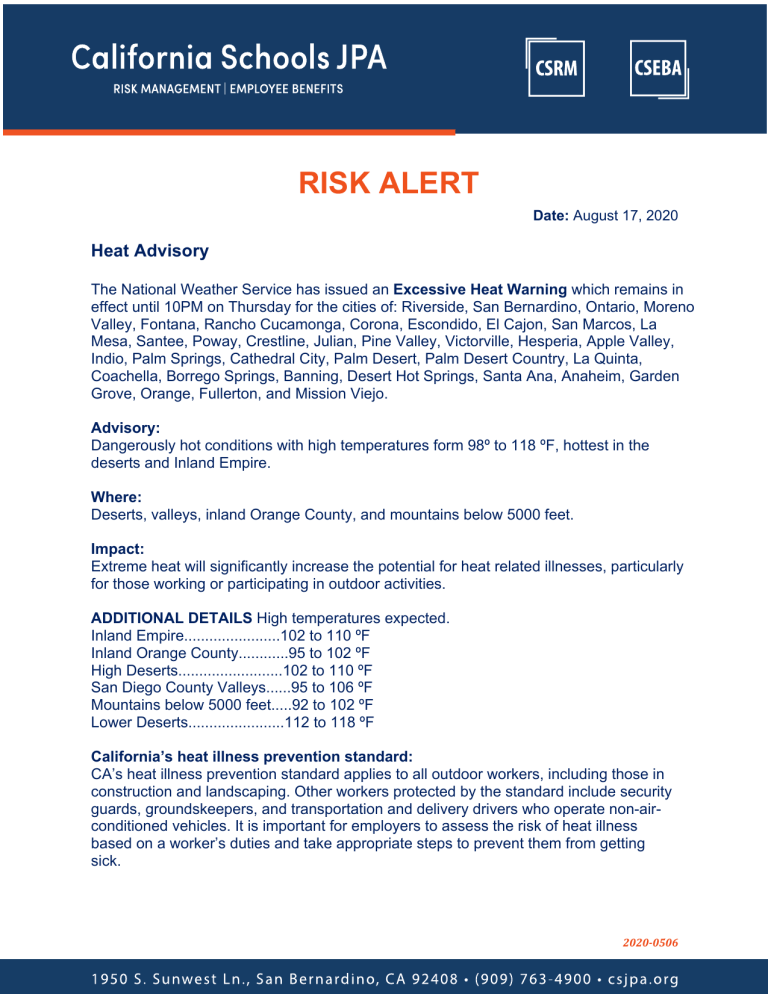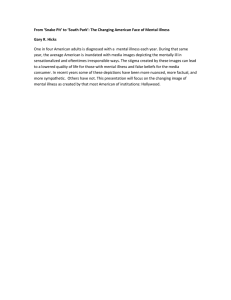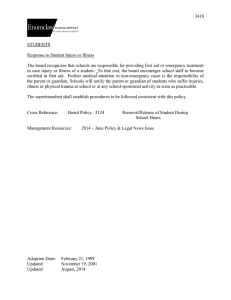
RISK ALERT Date: August 17, 2020 Heat Advisory The National Weather Service has issued an Excessive Heat Warning which remains in effect until 10PM on Thursday for the cities of: Riverside, San Bernardino, Ontario, Moreno Valley, Fontana, Rancho Cucamonga, Corona, Escondido, El Cajon, San Marcos, La Mesa, Santee, Poway, Crestline, Julian, Pine Valley, Victorville, Hesperia, Apple Valley, Indio, Palm Springs, Cathedral City, Palm Desert, Palm Desert Country, La Quinta, Coachella, Borrego Springs, Banning, Desert Hot Springs, Santa Ana, Anaheim, Garden Grove, Orange, Fullerton, and Mission Viejo. Advisory: Dangerously hot conditions with high temperatures form 98º to 118 ºF, hottest in the deserts and Inland Empire. Where: Deserts, valleys, inland Orange County, and mountains below 5000 feet. Impact: Extreme heat will significantly increase the potential for heat related illnesses, particularly for those working or participating in outdoor activities. ADDITIONAL DETAILS High temperatures expected. Inland Empire.......................102 to 110 ºF Inland Orange County............95 to 102 ºF High Deserts.........................102 to 110 ºF San Diego County Valleys......95 to 106 ºF Mountains below 5000 feet.....92 to 102 ºF Lower Deserts.......................112 to 118 ºF California’s heat illness prevention standard: CA’s heat illness prevention standard applies to all outdoor workers, including those in construction and landscaping. Other workers protected by the standard include security guards, groundskeepers, and transportation and delivery drivers who operate non-airconditioned vehicles. It is important for employers to assess the risk of heat illness based on a worker’s duties and take appropriate steps to prevent them from getting sick. 2020-0506 Regardless of the level of risk, all outdoor workers must be protected equally and employers with outdoor workers must maintain an effective heat illness prevention plan year-round. Employers with outdoor workers must take the following steps to prevent heat illness: • Plan – Develop and implement an effective written heat illness prevention plan that includes emergency response procedures. • Training – Train all employees and supervisors on heat illness prevention. • Water – Provide drinking water that is fresh, pure, suitably cool and free of charge so that each worker can drink at least 1 quart per hour and encourage workers to do so. Precautionary/preparedness actions Drink plenty of fluids, stay in an air-conditioned room, stay out of the sun, and check up on relatives and neighbors. Young children and pets should never be left unattended in vehicles under any circumstances. Take extra precautions if you work or spend time outside. When possible reschedule strenuous activities to early morning or evening. Know the signs and symptoms of heat exhaustion and heat stroke. Wear lightweight and loose-fitting clothing when possible. To reduce risk during outdoor work, the Occupational Safety and Health Administration recommends scheduling frequent rest breaks in shaded or air-conditioned environments. Anyone overcome by heat should be moved to a cool and shaded location. Heat stroke is an emergency! Call 9-1-1. At California Schools JPA risk management, we are here to help our members with their Heat Illness Prevention Plan and provide complimentary resources to assist your district in preventing health illness. Please contact us directly at 909-763-4900 for further assistance. 2020-0506


